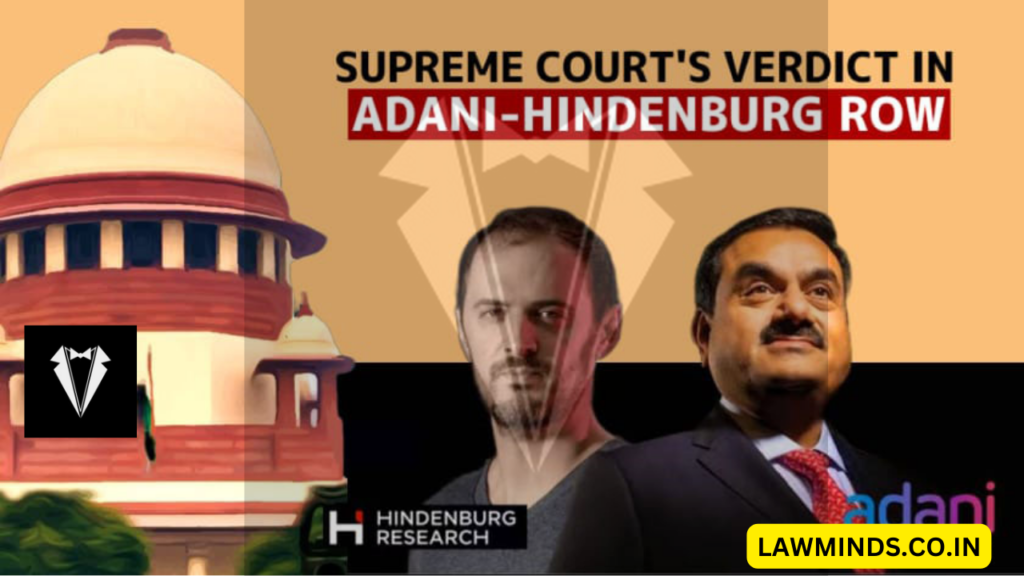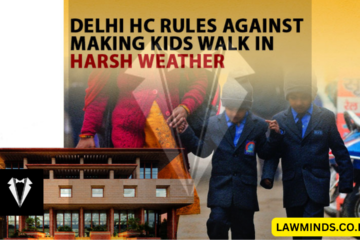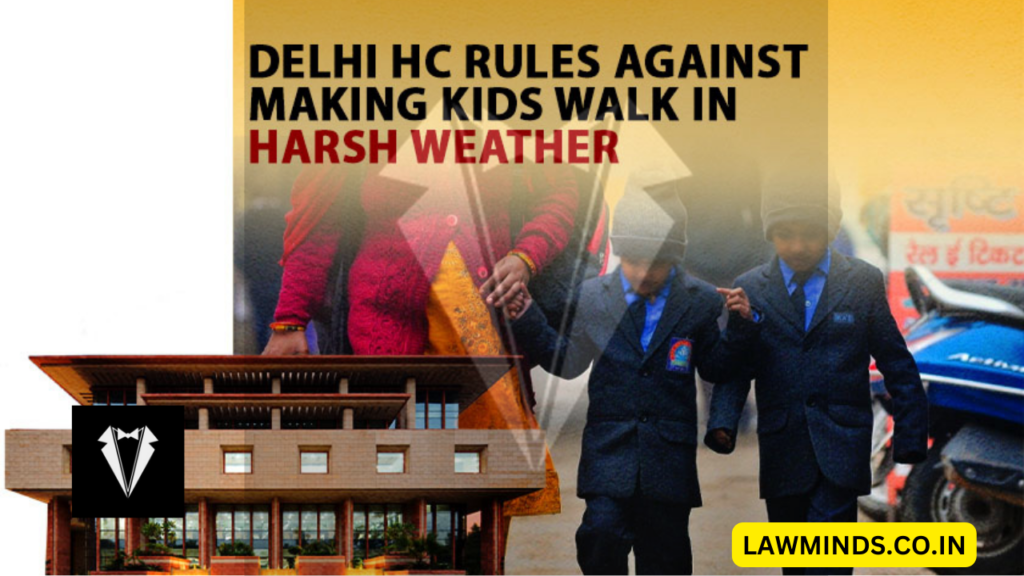
The Supreme Court is set to announce its decision today on a series of petitions seeking an investigation into fraud allegations against the Adani Group, as detailed in the Hindenburg Research report. Chief Justice of India (CJI) DY Chandrachud, along with Justices JB Pardiwala and Manoj Misra, reserved judgment on this matter in November 2023.
The petitions revolve around accusations of Adani artificially inflating its share prices. Following the publication of these allegations in a report by the short-seller Hindenburg Research, various Adani companies reportedly experienced a significant decline in share value, amounting to approximately $100 billion.
Multiple petitions were subsequently filed before the Supreme Court, including one asserting that amendments to the Securities and Exchange Board of India Act had created a ‘shield and an excuse’ allowing Adani Group’s regulatory violations and market manipulations to go unnoticed.
Last year, the Supreme Court directed the Securities and Exchange Board of India (SEBI) to conduct an independent investigation into the matter. Additionally, an expert committee, led by retired Justice AM Sapre, was appointed to examine the issue. In its May report, the expert committee found no prima facie lapses on the part of SEBI in the matter.
During a hearing, the bench emphasized that SEBI cannot be expected to base its decisions on conglomerate conduct solely on newspaper reports. In a subsequent hearing on November 24, 2023, Solicitor General Tushar Mehta argued that media reports were attempting to influence India’s actions, citing the OCCRP report as an example.
The case in question is titled Vishal Tiwari v. Union of India and Others.



